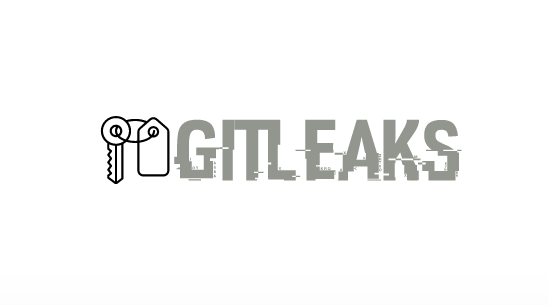go get -u github.com/zricethezav/gitleaksOr download from release binaries here
./gitleaks [options] <url/path>Gitleaks audits local and remote repos by running regex checks against all commits.
usage: gitleaks [options] <URL>/<path_to_repo>
Options:
-u --user Git user mode
-r --repo Git repo mode
-o --org Git organization mode
-l --local Local mode, gitleaks will look for local repo in <path>
-t --temp Clone to temporary directory
-v --verbose Verbose mode, will output leaks as gitleaks finds them
--report-path=<STR> Save report to path, gitleaks default behavior is to save report to pwd
--clone-path=<STR> Gitleaks will clone repos here, default pwd
--concurrency=<INT> Upper bound on concurrent diffs
--regex-file=<STR> Path to regex file for external regex matching
--since=<STR> Commit to stop at
--b64Entropy=<INT> Base64 entropy cutoff (default is 70)
--hexEntropy=<INT> Hex entropy cutoff (default is 40)
-e --entropy Enable entropy
-h --help Display this message
--token=<STR> Github API token
--stopwords Enables stopwords
| code | explanation |
|---|---|
| 0 | Gitleaks succeeded with no leaks |
| 1 | Gitleaks failed or wasn't attempted due to execution failure |
| 2 | Gitleaks succeeded and leaks were present during the audit |
Use these codes to hook gitleaks into whatever pipeline you're running
gitleaksRun audit on current working directory if .git is present
gitleaks --local $HOME/audits/some/repoRun audit on repo located in HOME/audits/some/repo if .git is present
gitleaks https://github.com/some/repoRun audit on github.com/some/repo.git and clone repo to
gitleaks --clone-path=$HOME/Desktop/audits https://github.com/some/repoRun audit on github.com/some/repo.git and clone repo to $HOME/Desktop/audits
gitleaks --temp https://github.com/some/repoRun audit on github.com/some/repo.git and clone repo to $TMPDIR (this will remove repos after audit is complete)
gitleaks --temp -u https://github.com/some-userRun audit on all of some-user's repos. Again, --temp flag will clone all repos into $TMPDIR after be removed after audit
gitleaks --regex-file=myregex.txtRun audit on current working directory if .git is present and check for additional external regexes defined in myregex.txt. myregex.txt is just a text file containing a regular experession per line.
Sample external regex-file:
[a-z0-9_-]{3,16}
[a-z]{3,16}
Please read the Github article on removing sensitive data from a repository to remove the sensitive information from your history.
Simply run docker run --rm --name=gitleaks zricethezav/gitleaks https://github.com/zricethezav/gitleaks
Or build the image yourself to get the latest version :
docker build -t gitleaks .
docker run --rm --name=gitleaks gitleaks https://github.com/zricethezav/gitleaks
Gitleaks-CI is 50 lines of bash code that checks your PRs for secrets you probably shouldn't be commiting
BTC: 397zNMQnSUzGaqYw8XVa9YjNPiRpSZWkhX
ETH: 0x07eFa8c73235e18C9D7E7A1679751Aa9363CD99B


